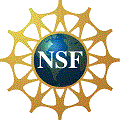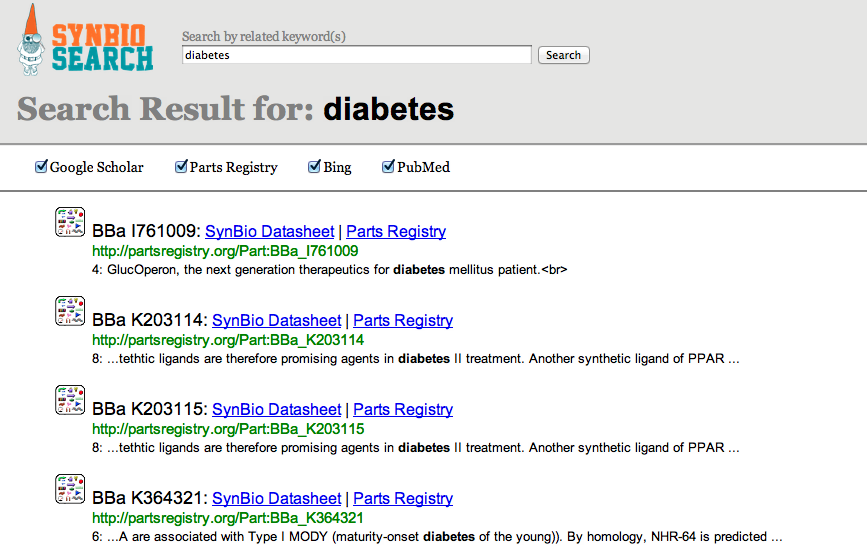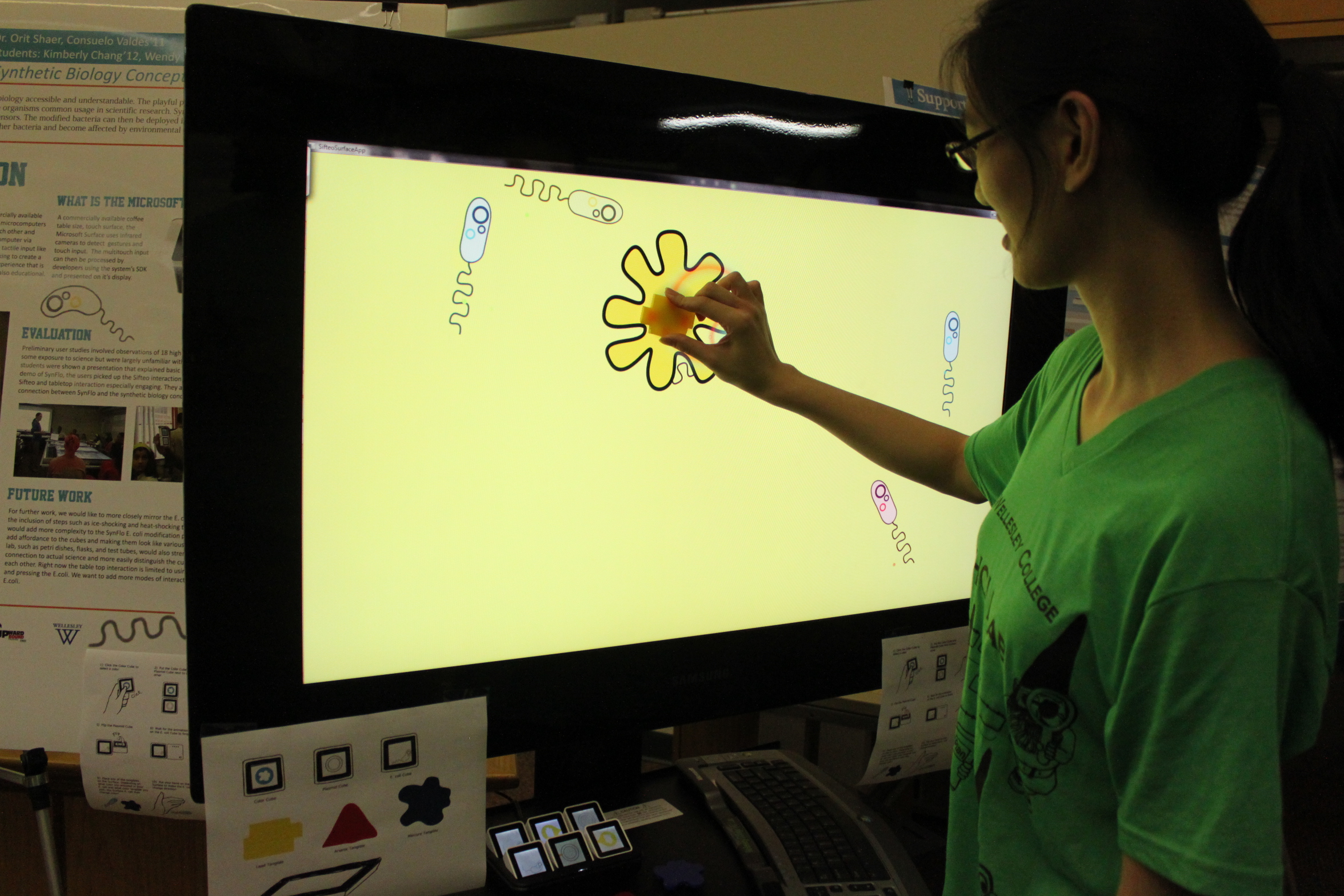Team:Wellesley HCI
From 2012.igem.org
(Difference between revisions)
| Line 158: | Line 158: | ||
<a href="https://2012.igem.org/Team:Wellesley_HCI/SynBio_Search"><div class="projectBar"> | <a href="https://2012.igem.org/Team:Wellesley_HCI/SynBio_Search"><div class="projectBar"> | ||
<div><div class="projectAbout"> | <div><div class="projectAbout"> | ||
| - | + | Part and keyword-based search of synthetic biology information. | |
</div></div> | </div></div> | ||
<div class="projectName"> | <div class="projectName"> | ||
| Line 169: | Line 169: | ||
<a href="https://2012.igem.org/Team:Wellesley_HCI/MoClo_Planner"><div class="projectBar"> | <a href="https://2012.igem.org/Team:Wellesley_HCI/MoClo_Planner"><div class="projectBar"> | ||
<div class="projectAbout"> | <div class="projectAbout"> | ||
| - | + | A collaborative, touch-enabled software tool that simplifies information gathering and design steps of Golden Gate Modular Cloning. | |
</div> | </div> | ||
<div class="projectName"> | <div class="projectName"> | ||
| Line 179: | Line 179: | ||
<a href="https://2012.igem.org/Team:Wellesley_HCI/SynFluo"><div class="projectBar"> | <a href="https://2012.igem.org/Team:Wellesley_HCI/SynFluo"><div class="projectBar"> | ||
<div class="projectAbout"> | <div class="projectAbout"> | ||
| - | + | An interactive installation that focuses on making the ideas behind synthetic biology accessible and understandable by referencing a specific synthetic biology experiment called E. chromi. | |
</div> | </div> | ||
<div class="projectName"> | <div class="projectName"> | ||
Revision as of 16:36, 11 September 2012

Welcome!
Synthetic biology will require a multidisciplinary, collaborative design environment in order to engineer the complex biological systems of the future. Our team will create a collection of software tools which address specific technical synthetic biology challenges while simultaneously advancing the way in which users interact with computing environments. Our software will support the scientific workflow process by supporting each step: research, brainstorming, building, test, troubleshooting, iteration, and analysis. The combination of human computer interaction, bio-design automation, and experimental design makes our effort unique in the iGEM experience and closes the loop on the design-build-test methodology.




 "
"




